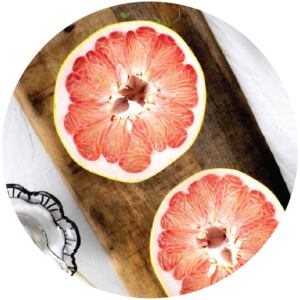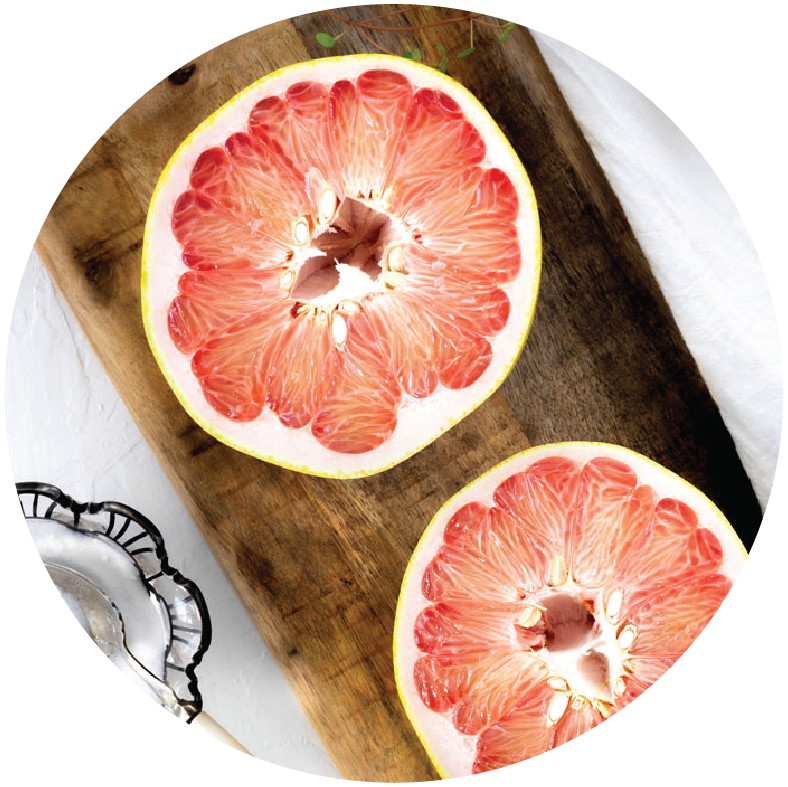Close


Food is one of the most important elements in safeguarding our health. Our eating habits play a major role in preventing heart and vascular diseases. Too much cholesterol in the blood, high blood pressure, corpulence, … are risks that we can eliminate through a balanced diet.
Changing one’s diet is a difficult task because it disrupts traditions and habits that often go back to childhood.
What is a balanced diet?
A balanced diet is similar to a Mediterranean diet, i.e. :
It is not a question of “depriving oneself”, but rather of having varied meals. If we had to summarise a balanced diet in two points, it would be diversity on the plate and regularity of meals.
The balanced plate :
The average recommended calorie intake values :
Men | Women | |
Sedentary activity | 2100 Kcal/day | 1800 Kcal/day |
Moderate physical activity | 2500 à 2700 Kcal/day | 2000 Kcal/day |
Strong physical activity | 3000 à 3500 Kcal/day | 2400 à 2800 Kcal/day |
Snacking is one of the main causes of an unbalanced and overly rich diet.
The characteristics of the Mediterranean diet
Excess weight
As we overeat, the body stores excess energy in our fatty tissues. Food intake can be excessive in quantity or quality. Overweight people often underestimate their food intake. Snacking is often the cause of excess weight. By excess weight we mean excess fat tissue or fat mass.
Watch out for hidden fats!
We often consume too much fat without even realising it. It’s easy to see the oil that oozes from fried foods, the fat in lard or the stickiness of certain cold cuts, but what about when we eat chocolate, enjoy a pastry, or savour a cheeseboard for dessert?
Fat is a great source of energy: 9 calories per gram and fatty foods are increasingly part of our menus. Fatty foods often have more taste and a pleasant texture, which makes them more appealing. The way in which we cook and prepare our food also influences excess fat. Fried foods, the addition of cream, mayonnaise and the like are all part of our eating habits.
Where the pastry chef goes, the vegetable chef does not
In contrast to fatty foods and sweets, our consumption of fruit and vegetables is too low.
If we eat a sufficient amount of cooked and raw vegetables, our stomachs will be fuller and less likely to ask for a supplement to the meal. Again, this is a way to avoid taking sweets or loading up on fried foods or energy desserts.
Move, eliminate!
A sedentary lifestyle, lack of physical activity and overeating are the main ingredients of excess weight.
Today’s lifestyles demand more and more willingness to expend energy. From the lift to the remote control to the car and home services, everything is designed to make us save energy. The only way to counteract this, apart from walking up the stairs and to the bakery, is to make time for sport.